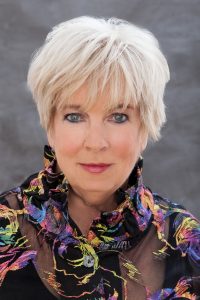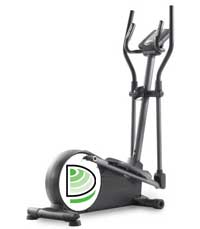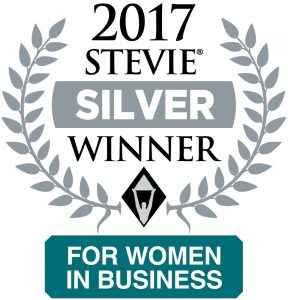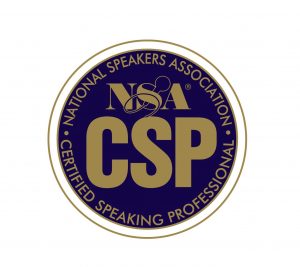There was a robust response to my last blog Re-inventing and Re-defining after Age 50 and, as promised, here is Part 2 with more questions and responses that were submitted on the topic.
But before I do that – I have a retraction. The local chapter of International Association of Business Communicators (IABC) had asked me to speak to their “Masters Group.” I incorrectly defined the purpose of the “Masters Group” saying it was for people over age 50. I want to clarify the role and purpose of the group, based on one of the member’s feedback. And frankly, I love this definition because it is so inclusive and relevant to a broader group of people, regardless of industry or profession!
“The IABC Masters Group is for more-experienced communicators. We explicitly do not include age as a qualifier. It’s a self-IDed membership, and we loosely define the requirements as having 10 years or more of experience, a role in advising executives and/or having served on the IABC board. Many folks fit that description as early as their 30s.”
So I stand corrected and more enlightened! Thank you! Now, on to the questions.
1) I just changed jobs about six weeks ago, my question is: how to keep yourself energized during the last third (10 years for me) of your career.
Holy Guacamole! If you’ve only been in your job for 6 weeks and you’re worried about staying energized for 10 more years… I say: find another job! NOW!
This is not a good fit for you. Most times, a new job will, in and of itself, be energizing, challenging and exciting. After 6 weeks, if you’re “worried” about staying engaged, it’s not going to get any better. My recommendation is to find a company and/or job that is a better fit, where you enjoy the culture, feel like you’re contributing and using your skills. Ten years is a long time to feel disengaged! Yikes, start looking now or you can anticipate the next 10 years to be filled with dissatisfaction, frustration and ultimately low energy and poor health.
2) After a “reinvention” – moving out of the communications/PR field into something else – is it possible/feasible to “reverse engineer” oneself back to the former?
Sure! Not only have I done it myself, but some of my clients have, as well.
Here’s the deal – when you step aside from your “wheelhouse” or your profession of choice, and move to something else, you gain a new perspective about your old profession. For example, many years ago, I left a career in human resources to be an “executive project manager” for the CEO and COO of a company for almost 3 -4 years before moving back to the role of VP of Human Resources. I gained a totally different perspective about operational issues and could serve the organization better as a result.
A client of mine left a very specialized field as a high level director to become a CEO at a smaller “collateral” industry. While he hasn’t yet returned to his chosen field yet, in his new role he has refined his management and leadership and communication skills, to be ready for the CEO role of his chosen field. He is also staying in touch with former colleagues and writing blogs about issues that are pertinent and offering a new perspective.
Just remember: “If you think you can, you’re right. If you think you can’t – you’re right!”
We can be our own biggest barriers. Take a look at your career and see if you are your own limitation.
Marty Stanley, CSP, has reinvented herself many times from a beach photographer to radio show host, corporate executive and is now a national speaker, author and consultant on personal and organizational change. Marty is getting ready to embark on the next reinvention. Stay tuned! More information to come on August 3, 2016
For more information on being a Type T leader, watch this 1 minute video.
Or order the book on How to Be a Transformational Leader in a Bottom-Line World.









